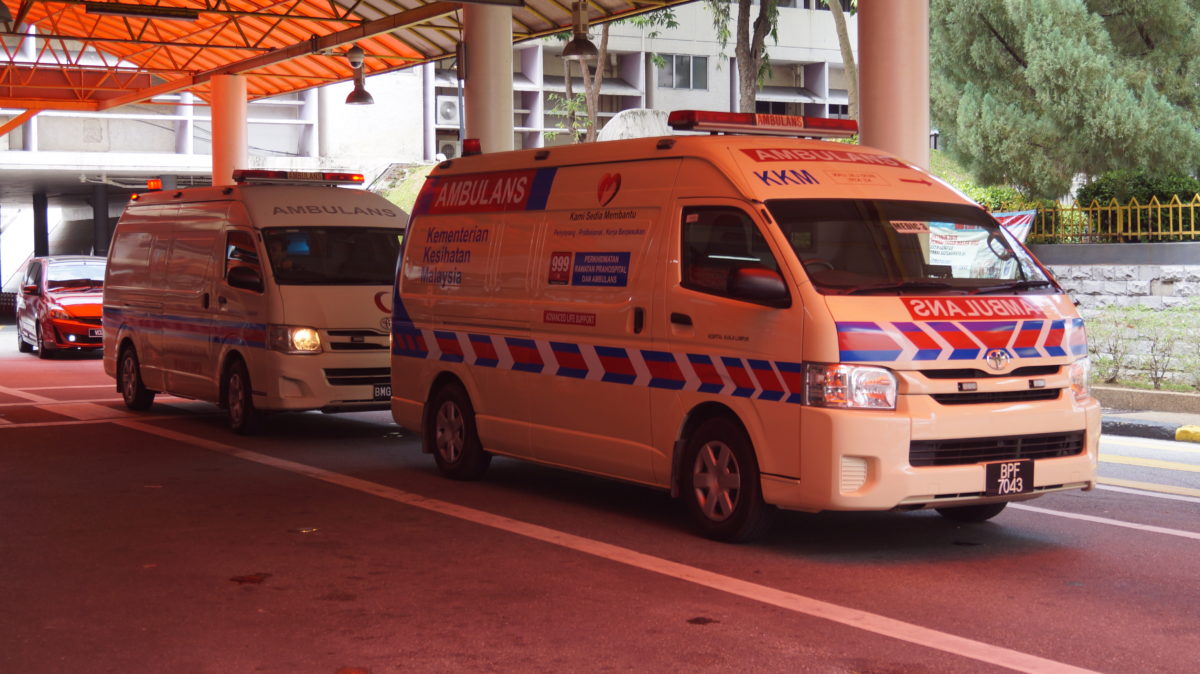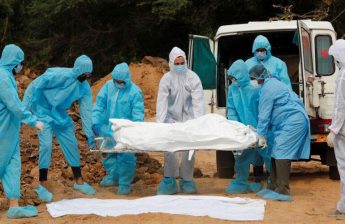KUALA LUMPUR, March 16 – An ambulance procured by Tawau Hospital in Sabah arrived 10 months after the expected date of arrival, according to the Auditor-General’s (AG) report.
The Auditor-General’s (AG) 2021 Series 2 Report tabled in Parliament last month revealed that an emergency procurement decision was made for an ambulance unit at Tawau Hospital on October 7, 2020, at a cost of RM447,500. However, the ambulance did not arrive as scheduled on December 2, 2020, resulting in a 10-month delay.
“The delay meant that the supply of the ambulance failed to meet the emergency procurement objective as it only arrived after Covid cases began to fall,” the report stated.
Audit checks found that Tawau Hospital had 12 ambulances prior to the purchase, with seven in good condition and the remaining five were ‘beyond economic repair’.
Upon further analysis of Tawau Hospital’s ambulance usage and daily movements between December 2020 and September 2021, it was discovered that prior to the emergency procurement, a single ambulance made an average of 1.79 to 4.50 movements per day, compared to 1.59 to 3.94 movements per day after the new ambulance arrived.
The analysis also uncovered a total of 1,543 emergency calls that were left unanswered by Tawau Hospital, with 1.1 percent (17 calls) being attributed to a shortage of ambulances. The majority of the unanswered calls (1,138 calls) were redirected to the Medical Emergency Coordinating Centres (MECC).
The Ministry of Health (MOH) responded to the audit findings twice, in September and October 2022, and stated that Tawau Hospital had been notified about the testing and accreditation process on January 5, 2021.
They also mentioned that a chassis verification of the ambulance had been conducted on February 18, 2021, by the medical section of the Sabah State Health Department and a representative from the concession company.
During the inspection of the ambulance on February 18, 2021, it was discovered that the Government Integrated Radio Network (GIRN) equipment was not installed. The installation of the GIRN equipment was only completed on September 15, 2021, leading to a delay of 10 months.
According to The Malaysian Reserve, the GIRN system, created by Sapura Secured Technologies Sdn Bhd, is a radio network based on the digital terrestrial trunked radio system and provides a fail-safe network for rescue agencies and rescue teams to communicate with each other seamlessly despite inclement weather and disasters.








